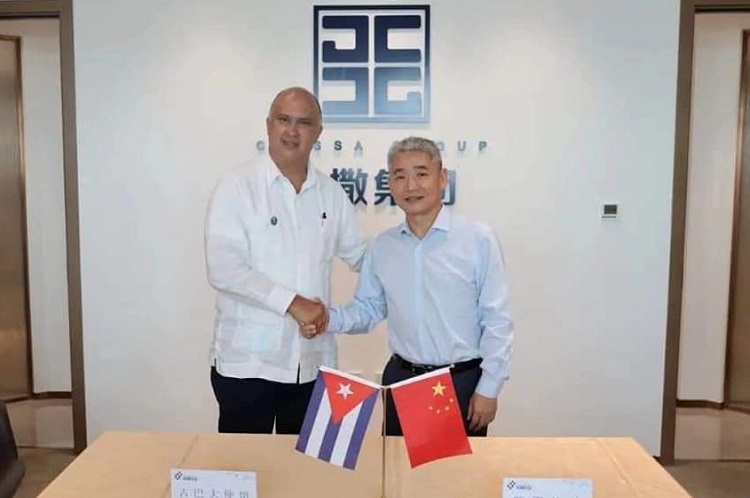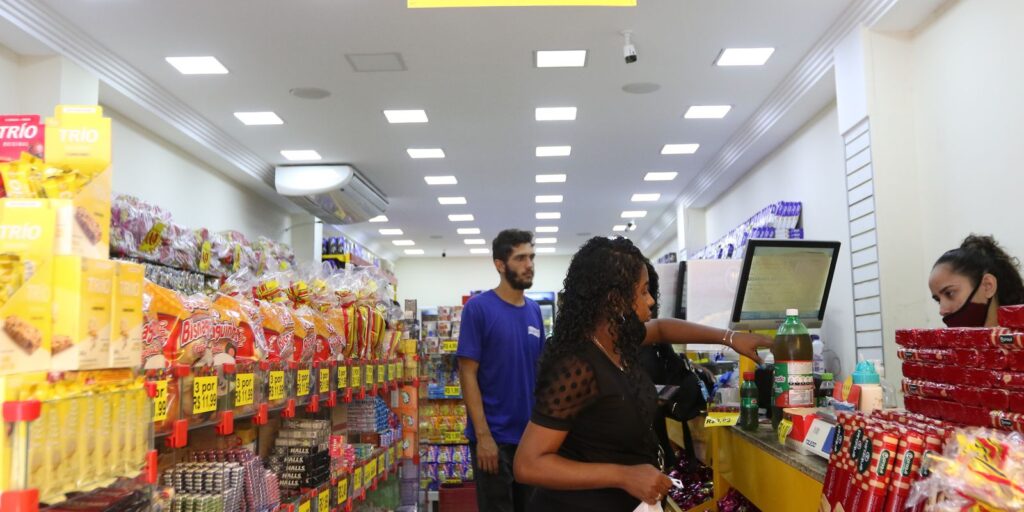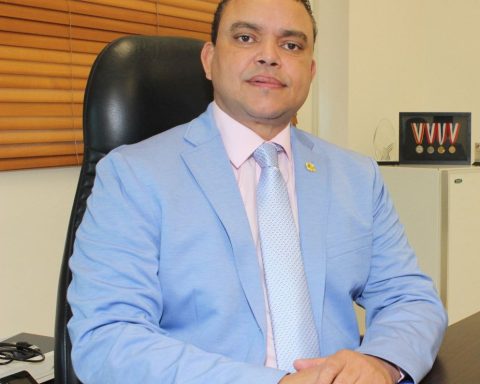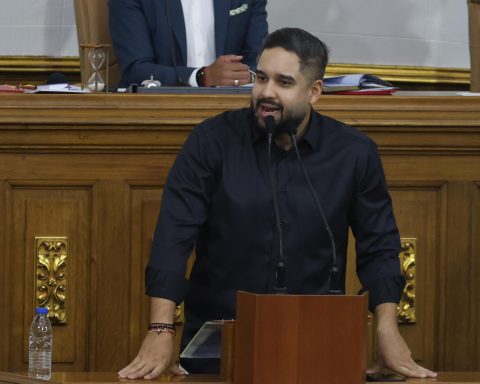Within the framework of the event organized by the Portafolio newspaper, ‘Leaders look to the future’, the Finance Minister Jose Manuel Restrepohighlighted how despite the adversities that have occurred in recent years – such as the pandemic, the passage of Hurricane Iota through the archipelago of San Andrés and Providencia, the 2021 blockades and the increase in Venezuelan migration – the Colombian economy has managed to overcome these challenges and closes the current administration with positive prospects.
(Read: ‘Whoever sells to Venezuela, be paid in advance’: Iván Duque).
“The country is on a successful roadmap, which leads us to pave a path that will surely give results in the medium term. The challenge going forward is to continue growing, continue adjusting public finances, being very aware of generating income, and continue adjusting the current account balance.”, assured Restrepo.
The head of the Treasury portfolio mentioned that if a balance of this government It is necessary to see it in three moments. In the first place, prior to the pandemic, where the economy had been performing favorably, “we delivered the economic growth law, we managed to lower the effective tax rate and discount VAT on capital goods,” said the minister, and highlighted how in December 2019 Colombia showed an acceleration in a context of lower global growth, hand in hand with record figures in various topics.
In a second moment, the economy was located in the midst of the pressures resulting from the pandemic. “The covid-19 shock was something that no one had in mind, where we had to make painful decisions, such as the closure of productive activity,” the minister pointed out. Among the elements that he highlighted is that the measures implemented to mitigate the spread of the Covid-19 virus led to the closure of the Colombian economy in April 2020, which affected the results of productive activity.
“The pandemic adjusted our priorities to serve those most affected,” Restrepo also said, and recognized the magnitude of the fiscal stimulus implemented to meet the needs of the population, added to measures such as the Social Investment Law, the tax reform approved last year in order to obtain additional resources for programs such as the PAEF, solidarity income, zero enrollment, among others. “The aid made it possible to mitigate part of that social loss that was generated at that first moment,” Restrepo concluded.
(Also: Orderly and gradual, this will be the route of the energy transition).
The minister also highlighted the fiscal pressures that this increased spending on public finances meant, to the extent that the fiscal deficit was generated, it multiplied by three and the public debt grew by 15 percentage points (pps).
There comes the third scenario, where the Minister assures that these efforts already reflect positive results in reactivation. “In 2021 we saw a growth of 10.7%, the fourth OECD country with that result, but it implied a faster recovery than what Colombia had had compared to other crises,” he stressed, and also mentioned that the Forecasts from international organizations place Colombia as the nation with the highest growth forecasts in the world.
“Colombia will have the highest growth rate of the OECD countries, with 6.5%”, projected the head of the Treasury portfolio, but stressed that it is not enough to generate growth, but it is also essential to generate better dynamics Social.
“The reactivation is not only the result of the national government, but also of local governments, the business sector and citizens,” the minister concluded.
(Keep reading: ‘The important thing is to be sustainable and profitable’: leader of LaHaus).
Thus, he highlighted how some of the future challenges for the new government have to do with the fact that, despite the gradual adjustment of the current account deficit, it cannot be ignored that this is a risk that must continue to be managed; Likewise, the importance of continue promoting investment and with inflation, for which work must continue on different fronts.
BRIEFCASE

















